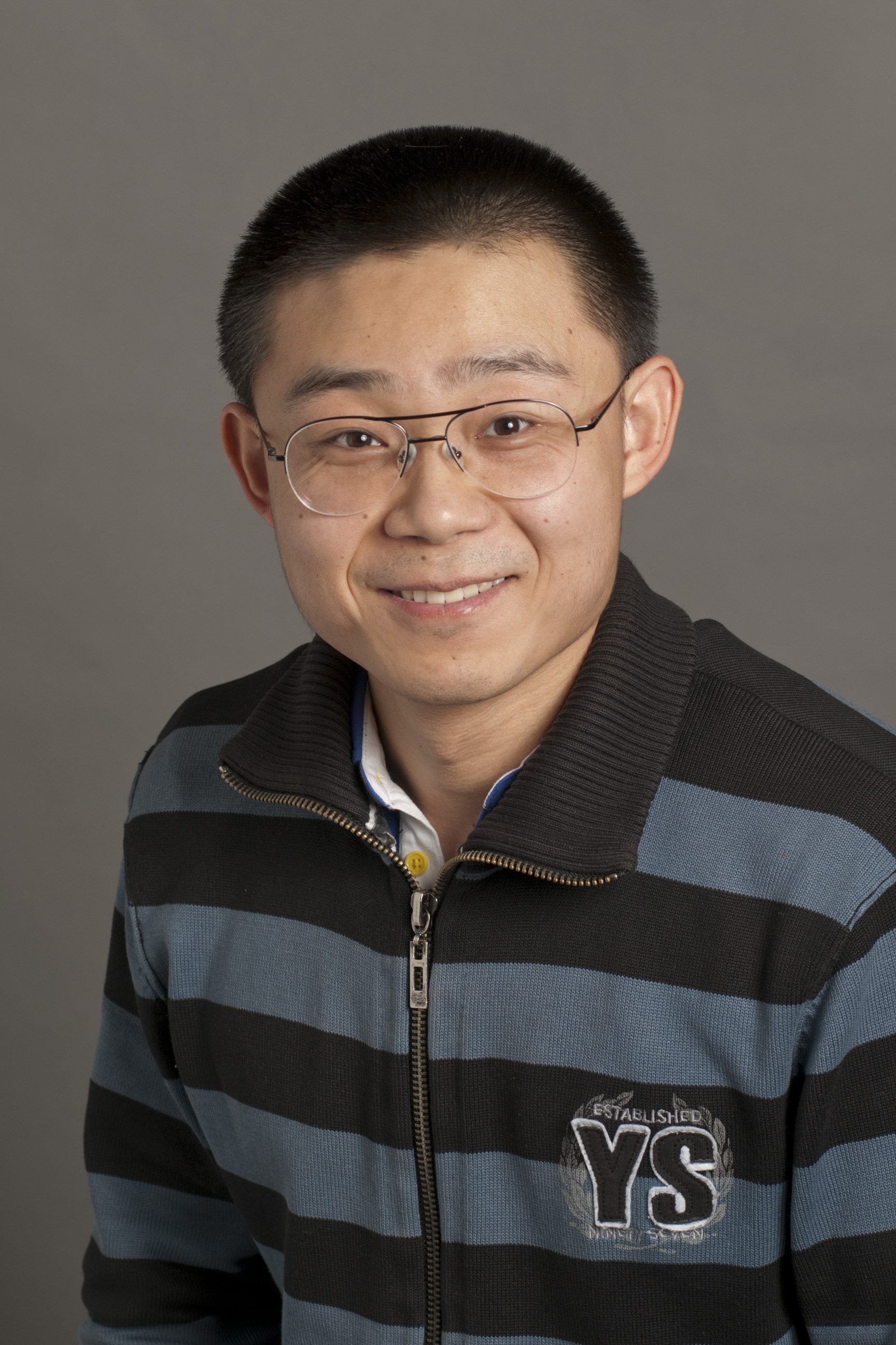
102 Cardwell Hall
Molecular machines are essential for living systems and next-generation functional materials. Such microscopic devices are expected to operate where thermal fluctuations are large, nonequilibrium driving forces are strong, and dynamics are responsive to the environment. In such far-from-equilibrium scenarios, many interesting, sometimes counterintuitive phenomena can arise. In this talk, I will discuss two types of tradeoff relations that govern molecular machines. First, I will present a class of "shortcuts": nonequilibrium protocols that allow rapid manipulation of multi-state systems by trading energy dissipation for time. Second, focusing on the design of accurate molecular clocks, I will show that a clock must make a tradeoff between resisting internal thermal fluctuations and external signal noise. This noise tradeoff relation reveals the optimal design of a clock given the intensity of two types of noise. Experimental discovery of distinct circadian clocks in two species of cyanobacteria supports our theoretical prediction.